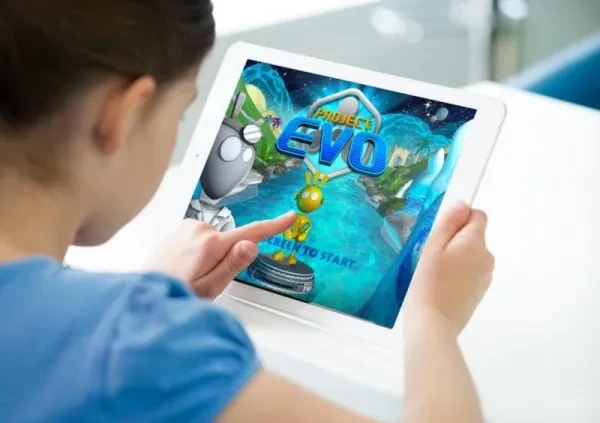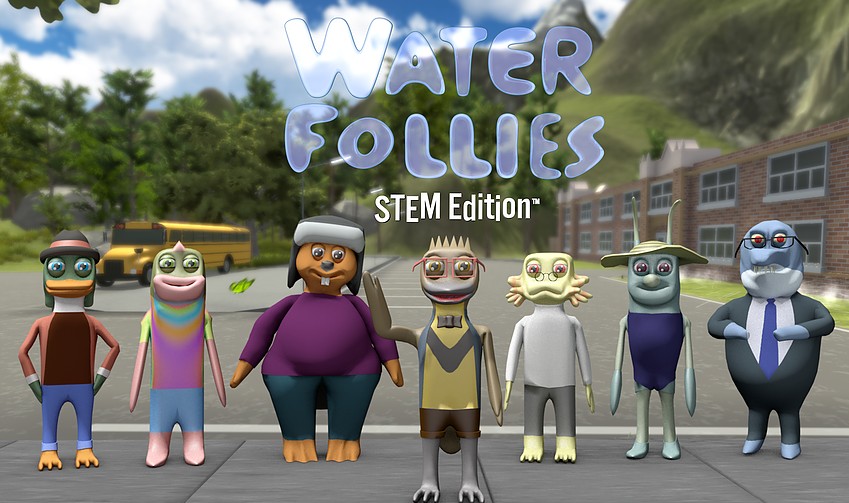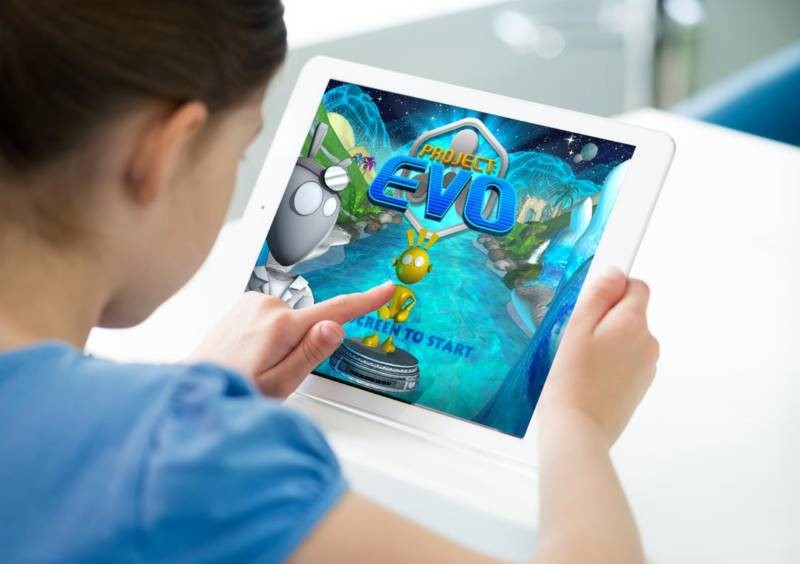
Could video games be used to treat childhood disorders?
A study from the University of California San Francisco is set to trigger new debate on the potential benefits of using video games to help engage and rehabilitate children with a variety of developmental disorders.
The findings of the study show that the right kind of games can help improve attention skills in some children with sensory disorders, particularly those that make it hard to process visual and auditory stimuli.
Scientists currently estimate 1 in 20 children have sensory processing problems that can pose a danger to their future development as adults. The senior author of the study, Dr. Elysa Marco, believes that “Children with sensory processing dysfunction have differences in the way their brains are wired”.
Dr Marco has also stated that she believes she believes video games can help children with attention disorders sustain concentration in the face of sensory distraction.
What does this latest study show?
The American Psychiatric Association believes around 5% of American children suffer from ADHD.
In this study researchers focused on a group of children with sensory processing dysfunction, a condition which makes them unusually sensitive to specific external stimuli.
Kids in the study ranged from 8 to 11 years old and were asked to play EVO, a game specially developed by the university of California San Francisco and Akili Interactive Labs.
The children were told to play the game for 25 minutes a day, 5 days a week for a whole month to study the impact of the game.
When the study began, 54% of the children suffering from sensory processing dysfunction also had ADHD. After the study was complete, the researchers found a significant improvement in attention skills among the subjects, to the extent that seven of the children that displayed both disorders no longer met the clinical definition of ADHD.
What are the right games for vulnerable children to play?
Current treatments focus heavily on occupational therapy and drug programs that are highly disruptive for some children.
Review of the experiment has led some researches to suggest that certain features of EVO could have been pivotal in treating the children, but that further study is needed to understand the full effects of playing certain games on treating attention and sensory disorders.
In EVO’s case, researchers believe it’s positive effects may have come from how it is designed to strengthen the way our brains process and prioritize thoughts and external stimuli. Players must help their character navigate through a maze-like series of paths and obstacles that increase in difficulty as players improve.
Researchers do not believe any kind of video game will be able to replicate these positive effects, but also maintain that further research into the topic is required.
In the future, researchers hope to use EVO and games like it to compliment traditional drug treatments, with a view to have less children using ADHD drugs and thus being at risk of the dangers associated with them.




